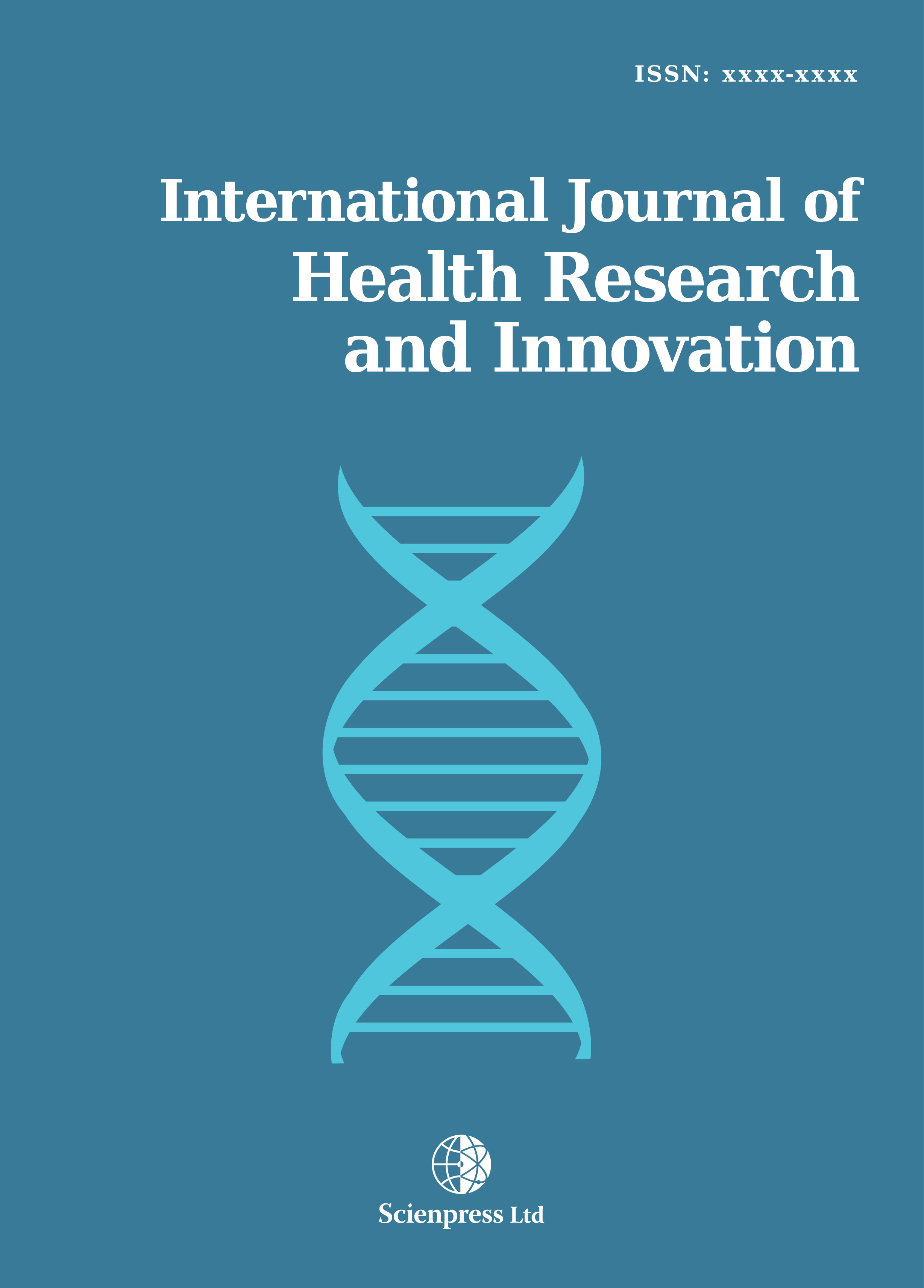International Journal of Health Research and Innovation
Quality of Life for Caregivers of Elderly Patients with Dementia and Measurement Tools: A Review
-
 [ Download ]
[ Download ]
- Times downloaded: 15303
Abstract
Dementia is a multifactorial syndrome that requires high levels of care, which are provided by informal structures, mainly the family. However, support from the family caregiver comes at a cost, with high levels of burden, psychological morbidity, poor physical health, social isolation and financial difficulties. The purpose of this review article is to depict the quality of life for family caregivers of people with dementia, based on existing studies, the relation with the burden of caregiving and its implications. The necessity dictated the review, results from the fact that the findings from the various studies will show the extent to which affected the quality of life of caregivers and the different factors associated with it, serving as catalysts to planning strategies for its maintenance or improvement, but will also provide reliable data for social policy makers for similar interventions. The review focused on studies and reviews concerning the quality of life and the physical and mental burden (in relation to the quality), of informal caregivers of aged dementia patients, residing in the community. Caring for a patient with dementia causes burden and therefore deteriorates the quality of life of caregivers. Several common factors were found to be associated with it giving more weight to each of them in the various studies. Multicomponent interventions which provide a range of services to the families of people with dementia, based on the variety and differentiation to their problems, they can prevent, or minimize the deterioration of the quality of life.
